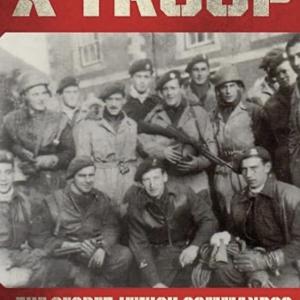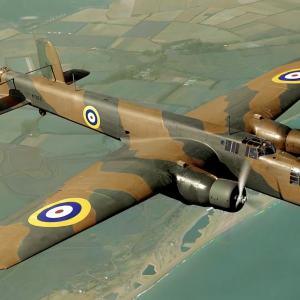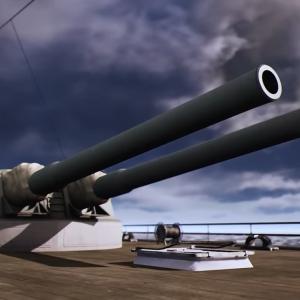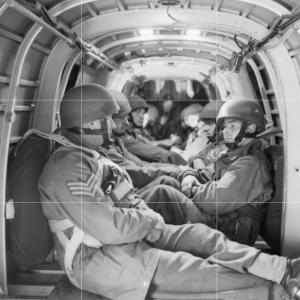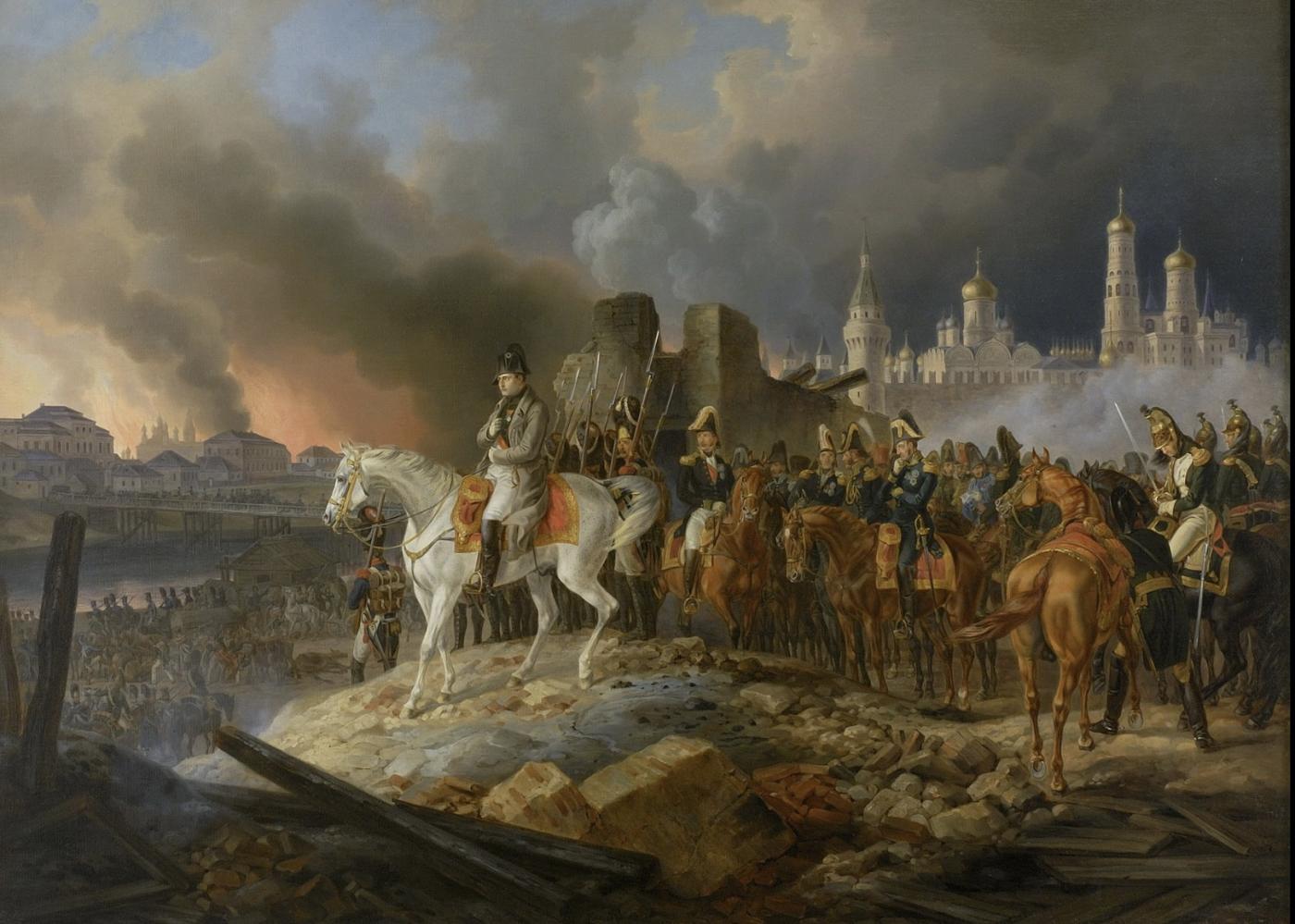
On this day in military history…
Our website does not normally cover the Napoleonic Wars, preferring instead to focus on more modern military conflicts and strategies. However, the sheer scale and significance of Napoleon’s 1812 invasion of Russia—and particularly his entry into Moscow on 14th September—warrants an exception. This event is not just a turning point in the Napoleonic campaign but also a telling example of the resilience and long-term strategic mindset of Russian leadership, which has echoed through centuries of military doctrine.
On 14th September 1812, after months of brutal marching and fighting across the Russian landscape, Napoleon Bonaparte and the remnants of his once-mighty Grande Armée reached the gates of Moscow. This moment, which might have been expected to mark the climax of a triumphant campaign, instead introduced the beginning of a disastrous unraveling. Napoleon entered the city with an estimated 100,000 to 120,000 men, a fraction of the over 600,000 troops who had crossed the Niemen River at the outset of the campaign in June. The march to Moscow had already claimed thousands through hunger, disease, desertion, and the grinding attrition of Russian scorched-earth tactics and rear-guard actions. By the time Napoleon reached the city, his army was exhausted and disillusioned.
To Napoleon’s astonishment, Moscow was largely abandoned. The Russian authorities, led by Governor-General Fyodor Rostopchin, had evacuated much of the civilian population and withdrawn the city’s administration. Most significantly, the Russian army under Marshal Kutuzov had retreated rather than defend the city. The French expected a delegation bearing the keys to the city and terms for peace. None came. Instead, Napoleon found a ghost town—silent, eerie, and stripped of resources.
The deeper shock came just days after the French entered Moscow. Fires began to break out across the city. Initially dismissed as accidents, it soon became clear that these fires were deliberately set. Over the next five days, the flames raged across Moscow, consuming homes, churches, and supply depots. The fires had likely been orchestrated by the Russians themselves, an act of self-destruction to deny the French the use of the city’s shelter and provisions as winter approached. With nearly three-quarters of Moscow destroyed, Napoleon’s plans to winter there in comfort were rendered impossible.
Napoleon lingered in the smoldering city for over a month, waiting in vain for a Russian surrender that never came. The Russian command had no intention of negotiating. Instead, Kutuzov regrouped his forces and continued a strategy of avoidance and harassment, preserving his army while the French were slowly drained by supply shortages and the worsening weather.
The decision by the Russians to abandon Moscow and burn it rather than allow it to benefit the invader was one of the boldest and most psychologically brutal strategies in military history. It demonstrated a mindset that placed the survival and ultimate success of the nation above any single city, no matter how iconic. It also revealed a long-term perspective that contrasted starkly with Napoleon’s belief in swift, decisive victories.
The results were catastrophic for the French. With no peace in sight and winter fast approaching, Napoleon was eventually forced to order a retreat in October. The retreat from Moscow turned into one of the most harrowing episodes in military history, with tens of thousands of men freezing, starving, or being cut down by pursuing Russian forces and partisans.
The entry into Moscow was not the glorious conclusion Napoleon had envisioned. Instead, it marked the high-water mark of his Russian campaign—and the beginning of its end. This episode serves as a stark reminder of the power of strategic endurance and sacrifice, and of how military victories on paper can quickly dissolve when facing an enemy willing to burn its own capital to win the war.

